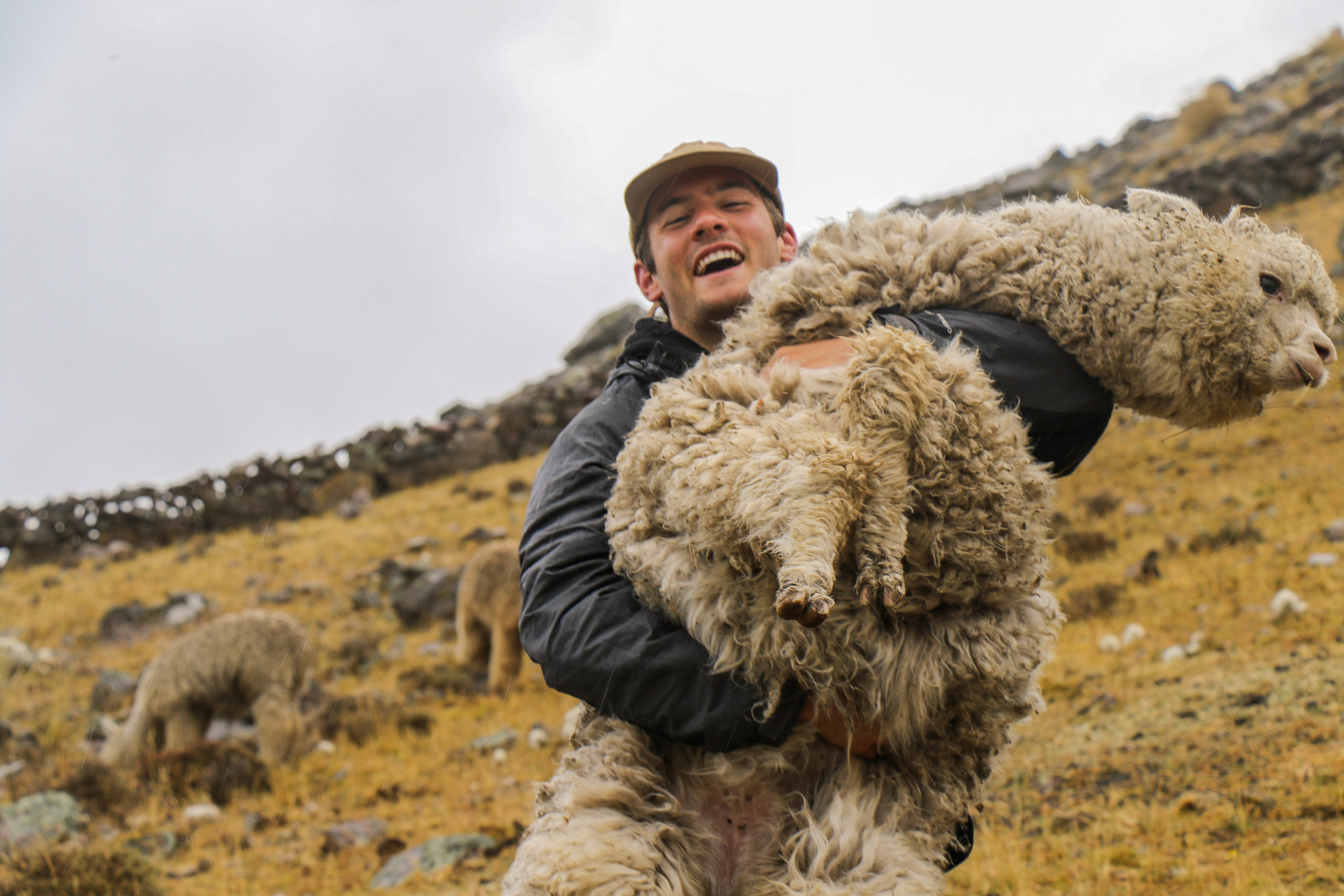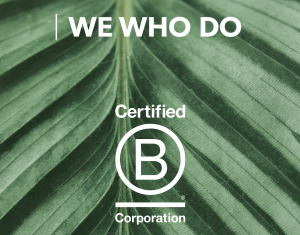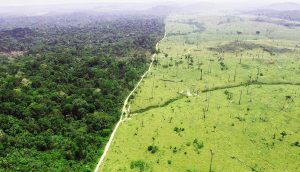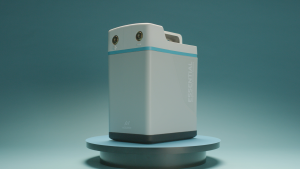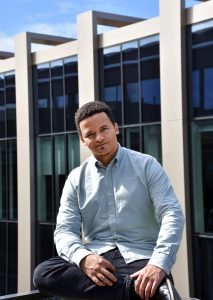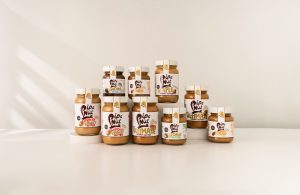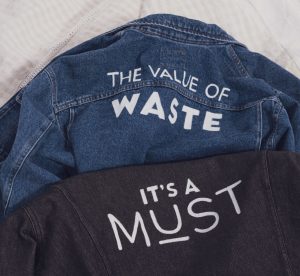Where did the idea for PAKA come from?
Kris: Coming from a pretty suburban area in Maine, I knew I wanted to take a gap year before I started college. A lot of people in my town hadn’t left the state before, let alone the country, so I decided to travel to South America for a year. I worked and travelled, spending time in the Bolivian jungle and really immersing myself into the culture.

The idea for PAKA dawned on me when I was in Peru and came across a lady who had a really awesome sweatshirt. I hadn’t felt anything as soft, and equally durable, as this material, and she explained it was made from alpaca fur. I took it along with me for the rest of my travels and began to see its utility. I even used it as a pillow on overnight buses through the Andes Mountains.
When I was back in the States, I started to look into the sustainable potential of the material, encouraged by the fact that everyone seemed to compliment my sweater. It had the softness of cashmere, but the durability of merino, genuinely working in any environment; and it clearly piqued people’s interest. I decided to go back to Peru the following summer on a one-way ticket to explore what I could do with this idea.
I stayed with a group of Peruvian women in a completely new environment, not speaking much Spanish nor knowing anyone. For me, discomfort equals growth and it was the genesis point for PAKA. When I got back to school, and using the great team I’d built in Peru, I started creating and shipping prototypes out of my dorm room with handwritten thank you notes.
I think I realised our potential when I launched a Kickstarter and it ended up raising 350k in 30 days. This is the moment where the small PAKA team I built started to become an exciting reality.


What makes alpaca fur so sustainable and makes PAKA so different?
Kris: We aren’t pitching ourselves as a fashion company. We are aiming to build something functional and sustainable in every single way – from the people who make it, to the material they use. It’s about creating a new model for the way things are done. We’re also empowering the women that are working in Peru. With over 40 Peruvian women working full time, we are creating a freedom that allows these weavers to lead and govern themselves.
Each product we create has a personal touch; our sweaters are hand-signed by the women who make them. We want to build a new way to think about life, shifting how someone views their clothes. We want to expose people to things that they didn’t know existed and try and help people make better decisions.
There are around 3.2 million alpacas in the world at the moment, which makes this a scalable product. It is 100% eco friendly and actually regenerative in some ways (free roaming alpacas make some nice manure!). Comparing ourselves to the likes of cashmere, where you would need to sheer 4 goats for 1 sweater, you could create 4 sweaters with 1 alpaca shearing. Our role at PAKA is to unlock the potential of alpaca, and brand it as a big player in the functional apparel space.
What are you working on at the moment?
Kris: After two years of R&D, we’ve finished a fully eco-friendly material. In a world where approximately two-thirds of all textile items are now synthetic, and we’re finding microplastics in every corner of the oceans, our work seems more important now than ever. A recent study found around 73 percent of fish caught at mid-ocean depths in the Northwest Atlantic had microplastic in their stomachs, and we want to pave the way for change.
We’re really excited to be launching these joggers. They’re called BREATHE BY PAKA™, not just for humans (the material weighs in at 180g/m²), but for the planet. As I’m sure you’ve seen, the Earth is suffocating from plastic pollution (i.e. 1 out of every 4 fish in California’s markets has plastic in it). Lululemon, and the vast majority of the clothing industry, create apparel out of 100% plastic. Our fabric rivals a Lulu just in terms of functionality – and it can also feed the tree in your backyard.
In some ways, you are literally being hugged by nature…

Launching our jogger set is also exciting in a time where everyone seems to be working from home and our day attire has shifted to more comfort. We are excited about reinventing this space and we believe that we’ve built something high-class and high-value, but also at a reasonable and affordable price.
I’m super proud of how far we have come and really excited to see how PAKA will grow.
This article has been posted as part of the Sustainable Start-up Series run by WeWhoDo: building a community of world-leading experts to help sustainable businesses thrive. For more information about PAKA, check out their site here: https://www.pakaapparel.com/


